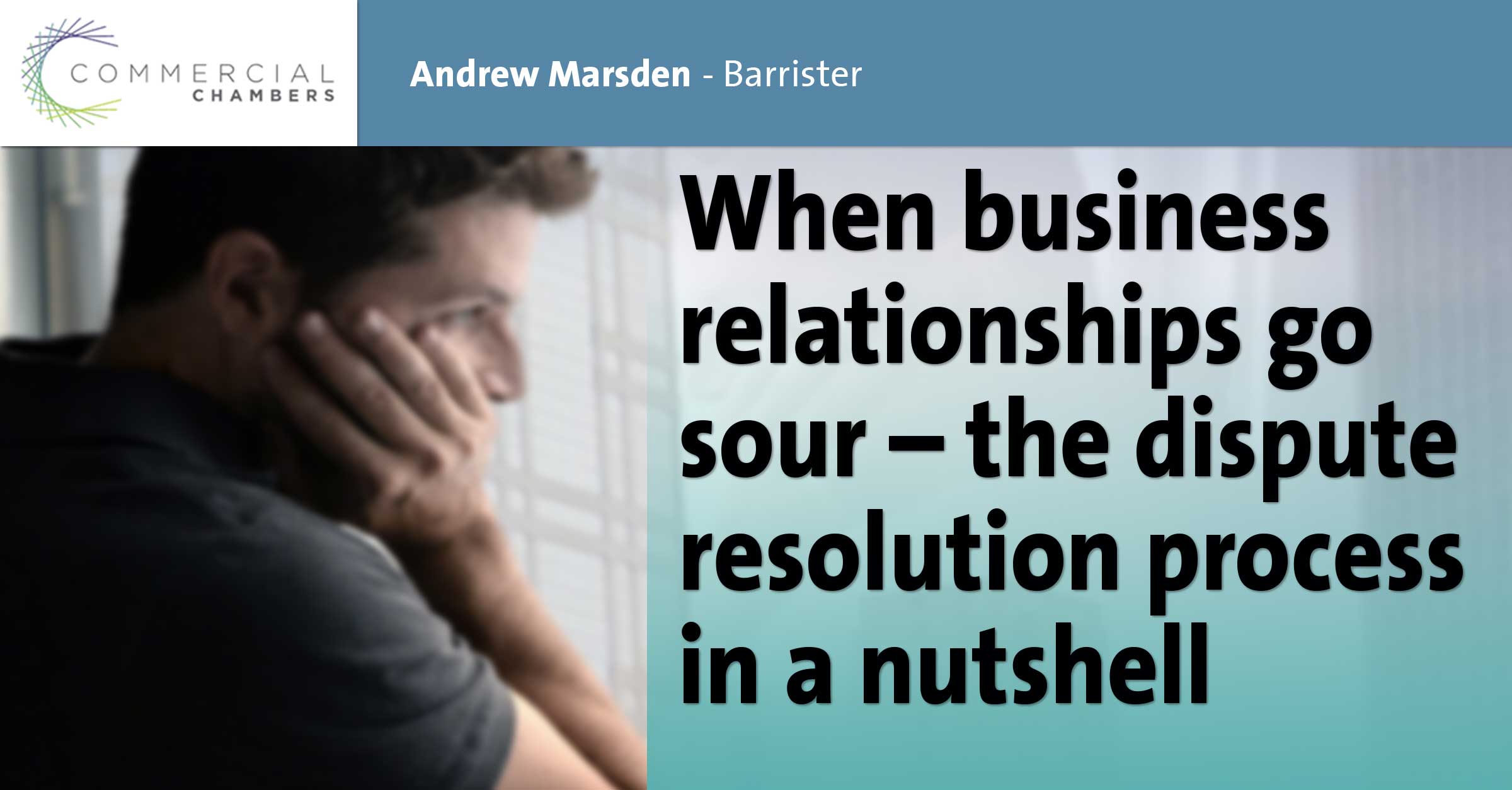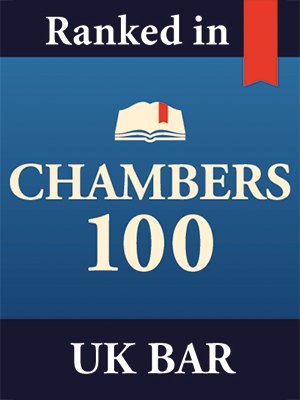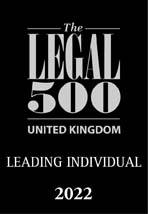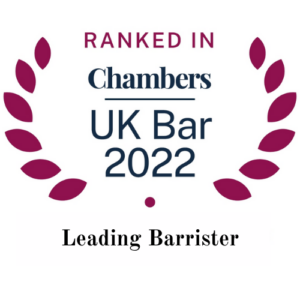
When business relationships go sour – the dispute resolution process in a nutshell
The day you go into business with a friend, relative or colleague always feels great. It’s exciting and it feels like you’ll conquer the world and make a mint.
Yet what started so well can often go sour and end up in bitterness and acrimony.
Maybe your business partner isn’t being completely transparent with the finances of the company. Perhaps they’re not pulling their weight in the same way that you are. Or it could be they’ve been holding meetings and making important decisions about the business without involving you.
If this sounds familiar? If so, you’re not alone.
It can be hard to confront but if these issues aren’t addressed quickly and effectively, dispute can arise which can ruin the business you have worked so hard to build. Don’t bury your head in the sand and ignore them. The longer they are left the more they will escalate, respective positions will become entrenched and resolution will be more difficult.
Resolving such disputes requires careful and tactful employment of all the tools available including negotiation, mediation and, if necessary, litigation. Section 994 of the Companies Act 2006 provides a mechanism for obtaining relief from any unfairly prejudicial conduct of the affairs of a company but entering into the process blind is never a good idea. The greater your understanding, the more confident and in control you will feel at each stage.
For many, the legal domain can be an intimidating one but it really doesn’t have to be.
Engage with a barrister that understands you and your business and can communicate with you effectively and you might just find it is easier to navigate than you first thought. Your ideal outcome might feel that bit less elusive too.
I have produced the below infographic to help explain the route taken to shareholder/director and partnership dispute resolution in a nutshell, and to give a good indication of the different stages and the kind of timeline this process can involve.

- Pre-litigation
In many ways, perhaps the most critical stage; now is the best chance of resolving matters. Costs are at their minimum and so present less of an additional hurdle. Relations, though perhaps already poor, are unlikely to improve if proceedings have to be issued.
- Issue of proceedings
Proceedings are begun by the issuing of a claim at court. This sets the litigation process off and running.
- Statements of case
Next comes an exchange of written summaries of each side’s position to ensure that each side knows precisely what the other is saying.
- Disclosure of documentary evidence
Each side is then required to provide the other with all the relevant documents that they have; not just those that might help their case. These include both written and electronic documents such as emails, text and WhatsApp messages and social media postings. This stage can be crucial. It is often the first time each side sees the full extent of all relevant documents and because of this, cases often settle soon after disclosure.
- Exchange of witness evidence
An exchange of statements from all persons that are due to give evidence follows. Alongside the relevant documents, evidence to be given by witnesses is crucial to the outcome. This what you will be relying on to establish your case and, if it gets that far, what the judge will base his decision on. Investment in careful preparation of witness statements from an early stage is money very well spent.
- Exchange of expert evidence
Often expert evidence is required. In shareholder/director or partnership disputes this is most usually from accountants or valuers. Often a single, suitably qualified expert will need to be agreed upon and appointed by both parties.
- Trial
Once all the evidence has been gathered and exchanged, the case will be ready for a trial if a settlement hasn’t already been reached. It is then that a judge will decide all issues and make his order resolving the dispute.
- Timescales
Legal proceedings can take time. More often than not this is the element that people underestimate. It can take as long as 2 years before a case will even get to trial so be prepared for the long-haul.
- Settlement
It may be that you don’t need to go to Court at all. Remember that settlement can occur at any time during this process and in most cases disputes do not need to go to trial. Of course, it is better for all concerned if the dispute can be resolved by agreement at the earliest stage, with the minimum of cost and even, ideally, amicably.
- First steps to resolving a dispute – engaging a barrister
You should always seek expert, specialist advice and at as early a stage as possible. It may well prove key to the outcome of your case.
It may surprise you to know that you can now go direct to a barrister for advice, rather than having to go through a solicitor, and dealing direct with a barrister can often work out cheaper than going through a solicitor’s firm with large overheads. And what’s even more surprising is that it’s possible to have an initial discussion directly with a barrister without ever spending a penny.
It’s essential that you can trust the person that is advising you. Your business is obviously important to you. Any dispute relating to it needs to be handled with care and diligence. You need to understand the process and to have complete trust and faith in the way it is going to be handled on your behalf.
If you are experiencing a fallout with a business partner or are looking for a way to resolve a shareholder dispute, please do get in touch. An initial conversation won’t cost you anything but will provide reassurance as to how to achieve the most favourable outcome for you.
To find out more feel free to call me on 07718 883094 or email me at andrew.marsden@commercialchambers.org and I will happily talk you through the next best steps to take.



